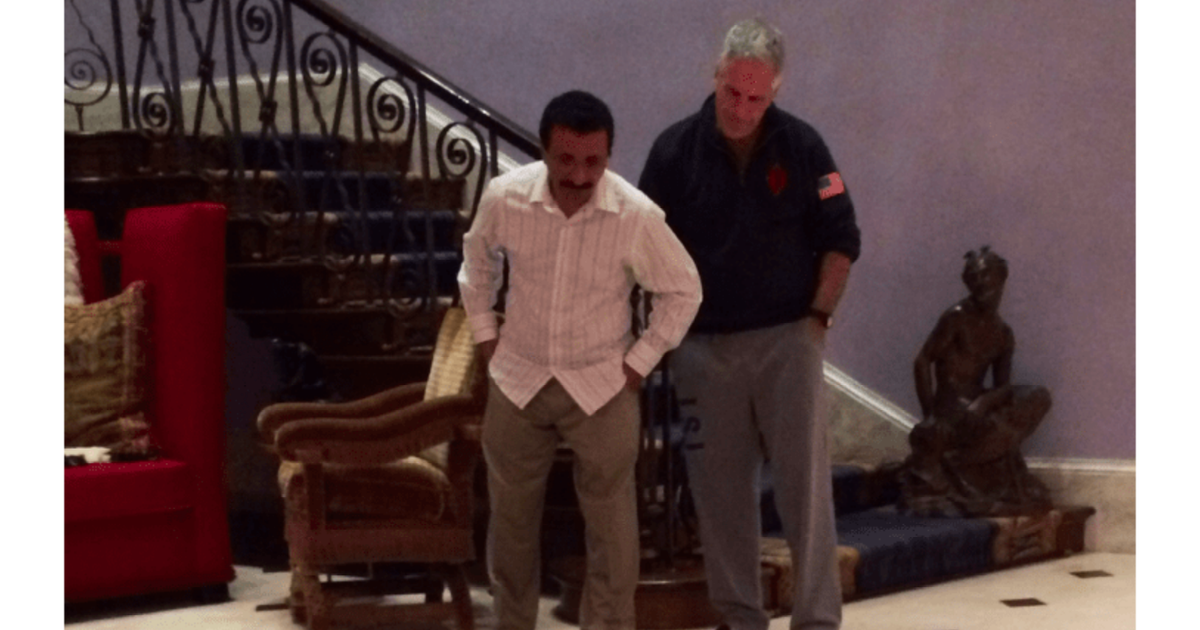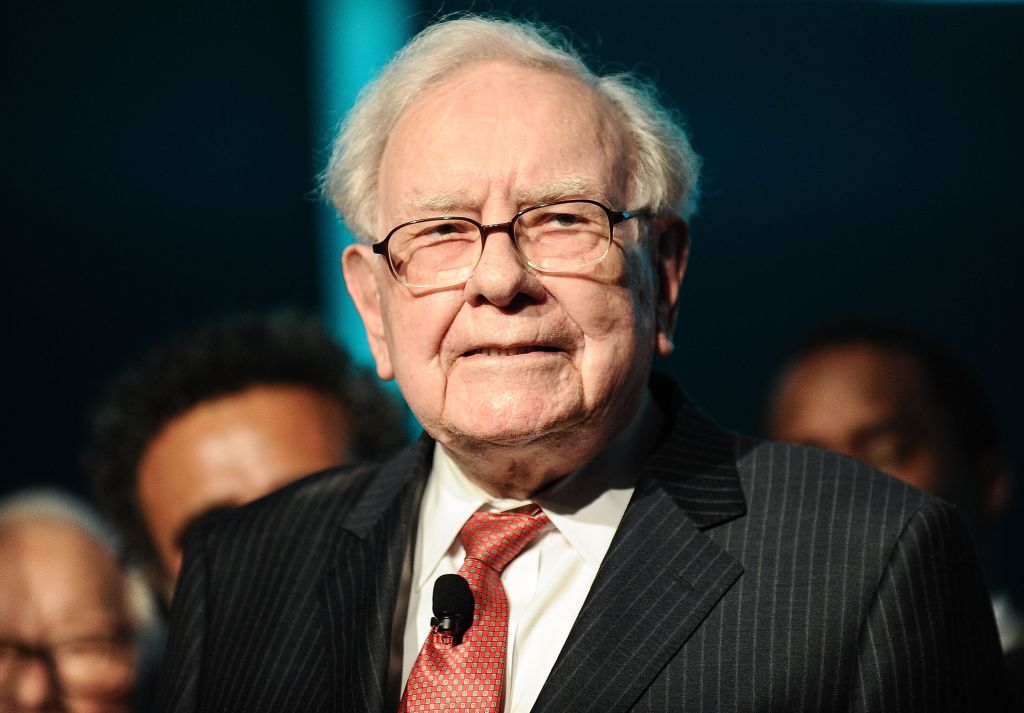Meet the man who will succeed Warren Buffett at Berkshire Hathaway
Warren Buffett said that Greg Abel, a top lieutenant of his for many years and an energy executive, will succeed him as the next CEO of Berkshire Hathaway, the insurance conglomerate that Buffett has run for more than half a century.
Buffett confirmed the succession plan Monday to CNBC after Berkshire Vice Chairman Charlie Munger let it slip during the company's annual meeting on Saturday. Buffett did not immediately respond to a request for comment from CBS MoneyWatch.
There is no current timeline for the succession. And the 90-year-old Buffett has said he has no plans to retire.
Buffett told CNBC that if anything happened to him, Abel, who currently oversees all of Berkshire's non-insurance companies, would be the one to take the top post. Buffett said that if for some reason Abel couldn't do the job, then Vice Chairman Ajit Jain, who oversees Geico and all of Berkshire's other insurance units, would become CEO.
During an exchange at the annual meeting about the importance of protecting Berkshire's culture in the future, Buffett said Berkshire's extremely decentralized operating model won't work unless the company has the right culture.
Munger responded: "But we do, and Greg will keep the culture."
Buffett has built Berkshire, an insurance company that owns all or a large portion of a number of America's best-known brands including Dairy Queen, Fruit of the Loom underwear, Benjamin Moore paint, Geico insurance and Heinz ketchup, into one of the largest companies in the world.
Abel, a former amateur hockey player and an avid golfer, was born in Alberta, Canada, according to a 2016 Fortune profile of the executive. He joined Berkshire in 2000 when the insurance company acquired MidAmerican, an Iowa utility of which Abel was the CEO. At the time, MidAmerican was a regional energy provider with just $122 million in sales. At Berkshire, Abel has built MidAmerican, renamed Berkshire Hathaway Energy, into the largest producer of wind energy in America. Berkshire's utility operations now generate nearly $16 billion in annual revenue.
In 2018, Abel was named vice chairman and put in charge of the company's non-insurance businesses.
Berkshire has long planned to split Buffett's job into three separate parts when he eventually steps down: a CEO to oversee Berkshire's operations, investment managers to handle Berkshire's more than $100 billion stock portfolio and a board chairman.
In the past, while Buffett has declined to name the next CEO except to say that one of Berkshire's managers would take the job, Abel was seen as a likely candidate. Buffett has said he wants the next CEO to have a long tenure leading the conglomerate and Abel, who is currently 59, has been with company for more than two decades.
Close Berkshire watchers have long admired Abel, and have routinely said he would be a good person to take over the company when Buffett leaves. Edward Jones analyst Jim Shanahan, who follows the company, said the news of Abel as successor was not a surprise.
"We have a great deal of comfort with Abel as CEO and with the overall future leadership of the company. I think he has proven to be a really effective leader," said Shanahan, who pointed out that Abel handled questions about Berkshire's efforts to respond to climate change well at the annual meeting this past weekend.
In the end, Berkshire shareholders rejected proposals calling for the company to produce annual reports on climate change and diversity efforts, largely because Buffett opposed them. Abel's background as head of the division that built out the company's wind and solar energy operations should please climate activists who have pushed the company to make changes.
CFRA Research analyst Cathy Seifert said this announcement should give investors some peace of mind that the leadership transition at Berkshire will be relatively seamless, but it's hard to know what kind of a leader Abel will be since his only public appearances have been at the last two Berkshire annual meetings.
According to the Fortune profile — one of the executive's few public interviews — Abel is far more guarded than Buffett, whose folksy style, openness with the press and willingness to get involved in political debates is a big part of his company's brand. President Obama called a proposal to raise taxes on the wealthy the Buffett Rule, with the billionaire's approval.
Abel is also much more hands-on than Buffett. Buffett has long let the managers of his brands operate as independent divisions, with little input from Buffett. Abel, on the other hand, is known as a micro-manager.
Jim Weber, CEO of Berkshire's Brooks Running company, said Abel has routinely visited the Seattle company to review its strategy and operations several times a year since becoming vice chairman. Abel encouraged Weber to focus on Brooks' customers during the pandemic, which helped lead the business to shift to online sales and set sales records because people kept running even with the coronavirus restrictions.
Abel also has collected a much bigger salary than Buffett, who is routinely paid $100,000 a year. Abel was paid $48 million in 2016 alone. His salary last year was $19 million.



